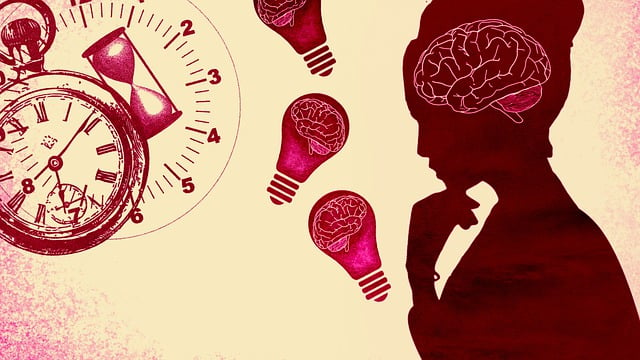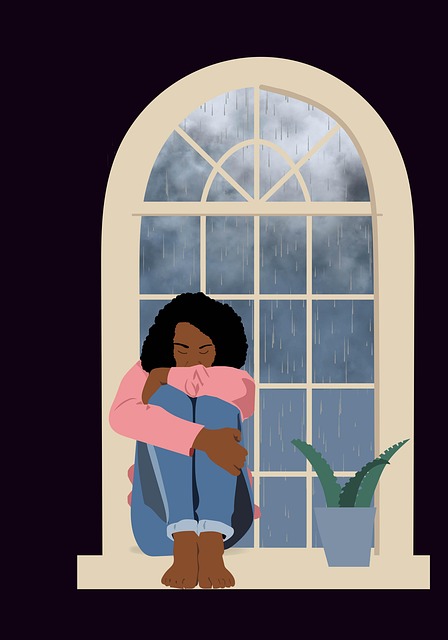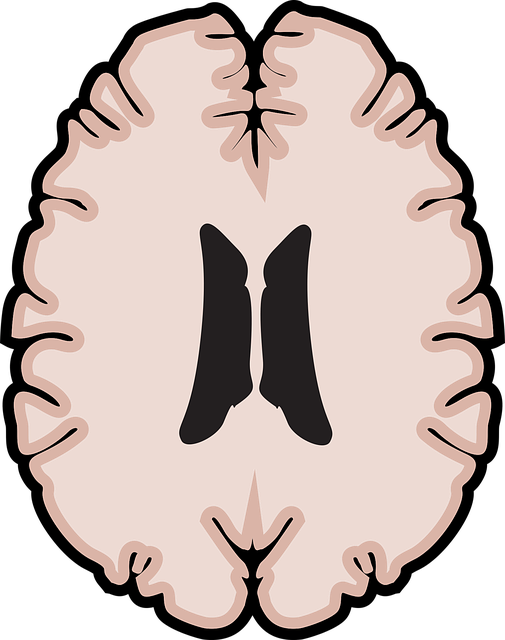The media plays a pivotal role in shaping public perception of mental health, especially among young adults with chronic illnesses. Positive, accurate representations can foster empathy, reduce stigma, and encourage therapy-seeking. Negative portrayals, however, perpetuate fear, shame, and hinder help-seeking. Training healthcare providers in cultural competency and promoting diverse, positive media narratives are crucial steps towards empowering young adults to seek therapy for their chronic conditions. By integrating mental wellness themes subtley, media can challenge stereotypes, offer crisis intervention guidance, and demonstrate the accessibility of help like therapy. A holistic approach supporting these young adults includes therapy, building resilience through support groups, peer mentoring, and community outreach, fostering a sense of belonging and understanding to advocate for themselves and maintain wellness.
“The media’s influence on mental health perception cannot be overstated, especially regarding young adults grappling with chronic illnesses. This article delves into the profound impact of media representation, exposing how stereotypes and misconceptions can hinder mental health awareness. We explore strategies to foster positive change within the media and entertainment industry, empowering a generation through accurate portrayals.
From understanding the nuances of mental illness to implementing support initiatives, this guide offers insights on therapy and resources tailored for young adults seeking to navigate their chronic conditions with resilience.”
- Understanding the Impact of Media Portrayal on Mental Health Awareness
- Identifying Stereotypes and Misconceptions in Popular Culture
- Promoting Positive Representation: Strategies for Media and Entertainment Industry
- Empowering Young Adults with Chronic Illnesses: Therapy and Support Initiatives
Understanding the Impact of Media Portrayal on Mental Health Awareness

The media plays a significant role in shaping public perception about mental health, especially among young adults grappling with chronic illnesses. Positive and accurate representation can foster empathy, reduce stigma, and encourage those struggling to seek therapy or support. Conversely, negative or stereotypical portrayals can perpetuate fear, shame, and misinformed judgments, hindering individuals from openly discussing their experiences and seeking help. Media has the power to either amplify the voices of those with mental health challenges or contribute to their marginalization.
Understanding the impact of media representation is crucial for promoting emotional healing processes, resilience building, and the adoption of self-care practices among young adults. By presenting diverse narratives that challenge societal norms and showcase the humanity of individuals with mental illnesses, media can contribute to a more supportive environment where those facing chronic conditions feel understood and empowered to navigate their therapy journeys.
Identifying Stereotypes and Misconceptions in Popular Culture

In popular culture, mental illness often falls prey to simplistic and inaccurate portrayals, perpetuating stereotypes that hinder understanding and support for those affected. Media representations frequently depict mental health issues as either drastic or trivial, failing to capture the nuanced experiences of individuals living with chronic illnesses like depression or anxiety. For instance, a common stereotype is the “cured” individual who overcomes their illness through willpower alone, overlooking the effectiveness of evidence-based therapies tailored for young adults facing these challenges. This simplistic view not only misrepresents the complexity of mental health but also discourages those struggling from seeking professional help.
Addressing these misconceptions requires a multi-faceted approach. Enhancing cultural competency training for healthcare providers is essential to ensure they can offer empathetic, effective care. Simultaneously, encouraging positive representations in media—where stories showcase the confidence-boosting benefits of therapy and recovery without oversimplifying—can significantly impact public perception. By embracing mind over matter principles, popular culture can foster a more informed and supportive environment for young adults navigating their chronic mental health conditions.
Promoting Positive Representation: Strategies for Media and Entertainment Industry

The media plays a pivotal role in shaping societal perceptions about mental health. To address the challenges posed by stigmatizing representations, the entertainment industry must actively promote positive and accurate portrayals of mental illness, especially targeting young adults who are often at-risk groups. One effective strategy is to include diverse narratives featuring individuals successfully managing chronic illnesses through therapy, support groups, or alternative treatments. These stories can foster empathy and challenge stereotypes, encouraging viewers to view mental wellness as a journey rather than a defining trait.
By integrating mental wellness themes into popular media, creators can subtly offer crisis intervention guidance without overtly instructional content. Portraying characters exhibiting signs of struggle but ultimately finding resilience building strategies through therapy or community support empowers viewers, especially young adults grappling with similar issues, by demonstrating that help is accessible and recovery is achievable.
Empowering Young Adults with Chronic Illnesses: Therapy and Support Initiatives

Supporting young adults with chronic illnesses is a vital aspect of empowering them to manage their mental wellness and navigate life challenges. Many young people struggle with the unique pressures of adolescence while also dealing with a long-term health condition, which can significantly impact their self-esteem and overall well-being. Therapy plays a pivotal role in this process, offering a safe space for individuals to express their feelings, process difficult emotions, and develop healthy coping mechanisms. Through specialized therapy sessions, young adults can learn conflict resolution techniques to manage the stress and anxiety associated with their chronic illnesses.
Initiatives focused on building resilience and self-confidence are also essential. Support groups, peer mentoring programs, and community outreach can foster a sense of belonging and understanding, encouraging open conversations about mental health. These initiatives empower young adults to advocate for themselves, seek appropriate care, and develop strategies to maintain their physical and mental wellness. By combining therapy with support systems, we can enable these individuals to thrive despite the challenges they face, ultimately enhancing their ability to overcome adversity and lead fulfilling lives.
Mental illness representation in media plays a pivotal role in shaping public perception and understanding. By identifying and challenging stereotypes, we can foster more accurate and compassionate portrayals that promote mental health awareness. The strategies outlined, including positive representation initiatives and support systems like therapy for young adults with chronic illnesses, hold the key to revolutionizing how society views and addresses mental health issues. It is through these collective efforts that we can create a more inclusive and supportive landscape, ensuring better outcomes for those navigating their mental health journeys.








